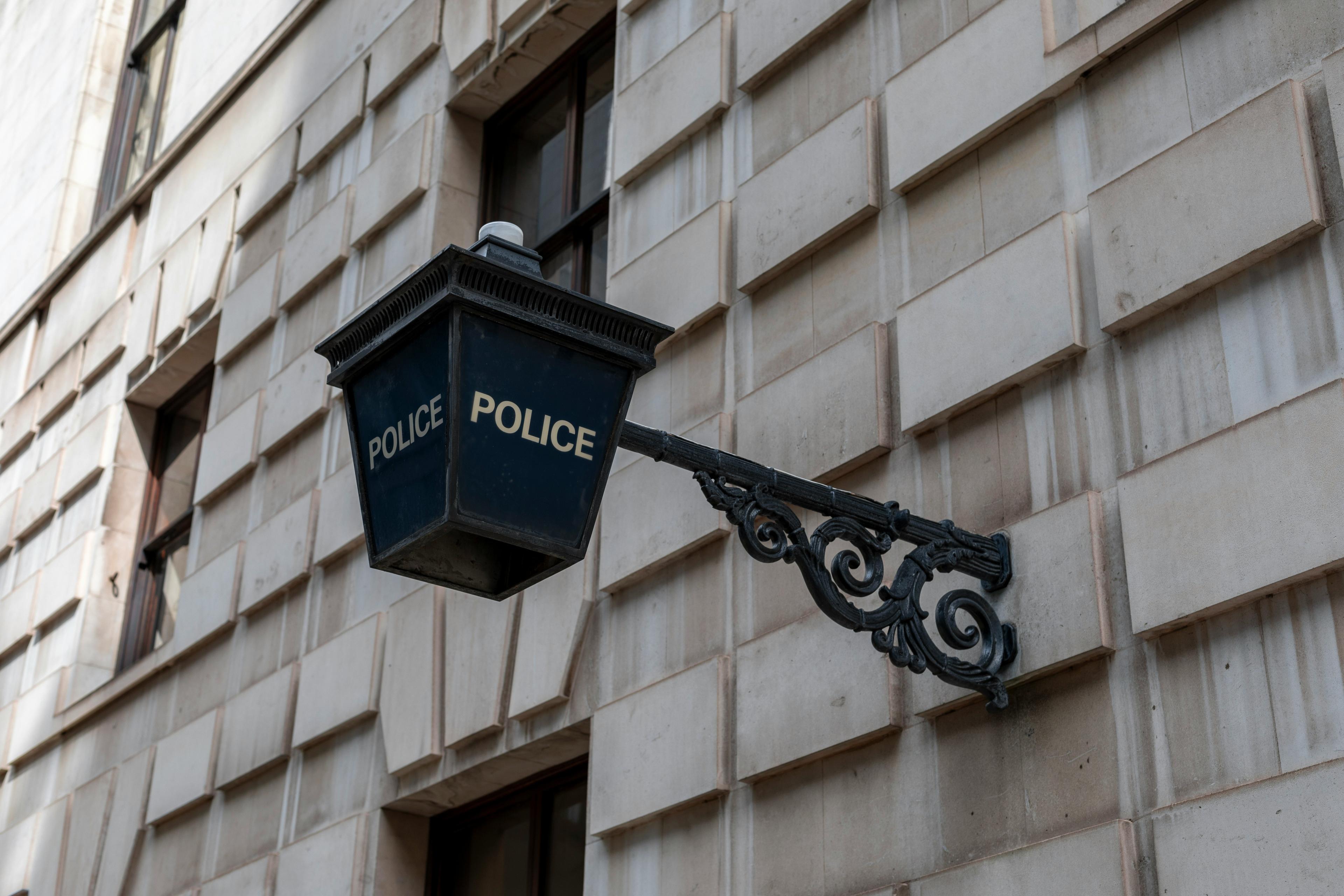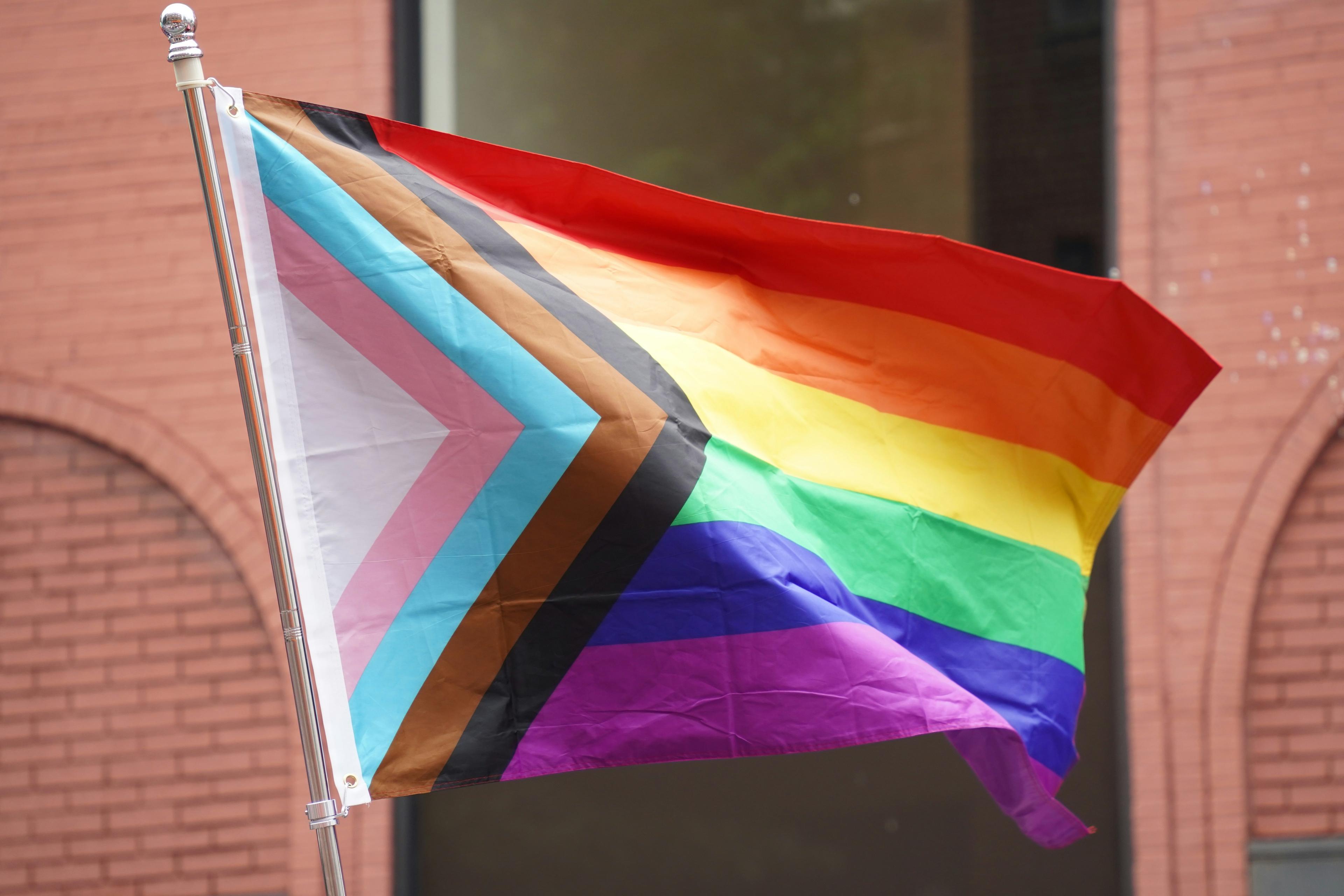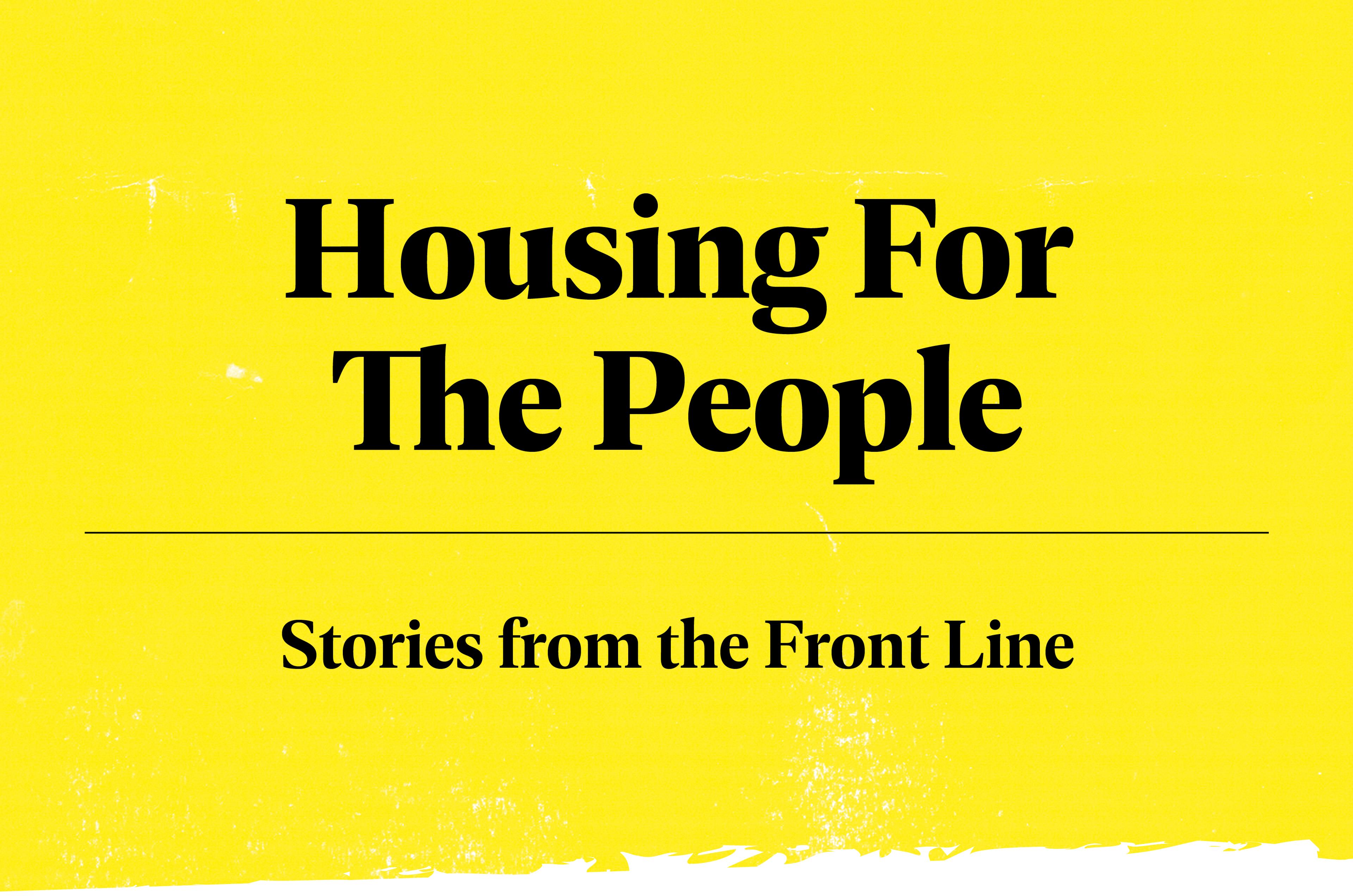In Britain, you can be made a criminal just for being poor

Photo by Francois Olwage
By Paul Atherton
- Lived experience
Britain has a unique place in the world when it comes to modern justice. Why? Because we invented it.
Of course, every civilisation throughout history has had laws and rules, but these were fundamentally dictated by rulers – monarchs or religious leaders like bishops, Popes and Imams. These laws had to be observed by the people, regardless of how unjust or unfair, all because someone with a title said so. Challenge this, and you could find yourself mutilated or dead.
The fact that you had to be born into royalty to experience true freedom just didn’t feel right to many Medieval Brits. So, in the thirteenth century, rebel barons said, “Bugger that. We want to be judged by our peers; people just like us.” Thus, in 1215, Magna Carta was born, and after a few revisions and the Forest Charter amendment 10 years later, Case Law justice came into being – and nobody, not even a king, was ever going to be above the law again.
From that point to this, every court decision in Britain would be made on its merits. That set the expectations for the next case of a similar kind.
A court of people like yourself (albeit all-male until 1919) would judge whether you had committed an offence, not a singular almighty voice – which is ironic, considering that the main landowners of the day were still the English Church (still one of Britain’s largest landlords today), and much of the dogma and fear instilled in the populace still came from their preachers.
Those churches and their surrounding land, known as a parish, gave birth to the notion of national charity, though, so it was not all bad. If you were poor, then your parish had a responsibility to look after you. This was to become hugely significant for those experiencing homelessness when Britain, thanks to the Duke of Wellington, won the Battle of Waterloo against Napoleon in France.
Wars have a tendency to create wounded soldiers who return home unable to work the land and thus to pay rent. To search for other kinds of work, these men fled to the English cities where the Industrial Revolution was just beginning to take place, pursuing the hope of other types of work, but instead found themselves with nowhere to live.
Those who came from Scotland and Ireland had never contributed to English parish society and thus were perceived as taking coffers out of the Church giving plates that they had never contributed to. Yes – even then, the English blamed immigrants for rising poverty.
These people became known as vagrants, an old French word that is itself based on the Latin word “vagary”, and simply means “to wander”. King George III thought that they were causing a problem. They were sleeping on the streets, begging and generally causing a nuisance, as he saw it. And so it was in Britain the word vagrant became interpreted as meaning homeless, poor and a pain in the arse – which was why the Vagrancy Act was passed in 1824.
What this law actually did, in effect, was make being poor illegal. If you had no money, the state was to imprison you rather than help you – which is far more costly.
This thinking permeated across the Western world, and indeed most, if not all, capitalist countries now see poverty as something that the individual has created for themselves, rather than perceiving the reality, which is that the system has. This “blame the individual” lie is a useful deceit for the preservation of money and power in the hands of the few, but utterly detached from reality if you think about it for more than a second or two.
Magna Carta enshrined the rights of poor people to wander the land in search of food and shelter and to cut down trees for firewood to ensure their health and safety. The Vagrancy Act removed those rights. The poor didn’t change that – rich people did.
A few weeks ago, the British Labour government announced that the Vagrancy Act will be repealed by spring 2026, which was received by the third sector with great fanfare. But in many respects, it is utterly meaningless.
Why? Because it was first slated for repeal in 2022 by the Conservative government, but the criminal justice system has used it to convict and imprison 175 people for begging or sleeping rough in London alone since that point. Across the UK, that number rises to almost 3,000.
What does it mean for me? In truth, nothing, even though I’m penniless, and the parishes have been replaced by the Department of Work and Pensions, who don’t pay the money that is due to you by law. I sleep rough in London, so I have access to places to get free shelter, free food and other resources, which are all available in abundance.
I’m British, so I have a right to public funds, despite rarely receiving them. But it is for those who don’t – who are forced to beg – who are most likely to be arrested and charged.
Nothing has changed in 200 years in the UK. This is most definitely not the enlightened twenty-first century Star Trek future I was promised.
But as with Magna Carta, if enough of us complain and cause problems, we can return to a life where everyone is treated with respect and fairness, and in which it is not just the rich and powerful who get justice. It just requires some guts from some at the top and enough people with good character in the general population to stand and fight. Easy, right?
Paul Atherton is one of the front of house volunteers for the Society of Antiquaries Magna Carta 1225 exhibition, which runs from July-September 2025. He narrates two of the objects on display in the Smartify App and will be giving a Spotlight Talk on the mythology of Magna Carta.

